Dhaka, Oct 15 (V7N): The International Organization for Migration (IOM) has established a new Mental Health and Psychosocial Support (MHPSS) One-stop Service Centre in Cox’s Bazar, aimed at providing vital services to the Rohingya refugee community.
This innovative facility offers a comprehensive range of mental health, psychosocial, protection, and healthcare services. The centre was inaugurated by the Netherlands Ambassador, H.E. Irma van Dueren, alongside IOM’s Acting Chief of Mission Fathima Nusrath Ghazzali and Additional Refugee Relief and Repatriation Commissioner Md Shamsud Douza.
The opening ceremony included a tour of the centre, cultural performances by Rohingya artisans, and the distribution of certificates to refugees who completed psychosocial and protection skills programs.
Addressing key challenges faced by the Rohingya, the centre brings together essential services, including private counselling rooms, safe spaces for children, and sexual and reproductive health (SRH) services. It also features a mini-Rohingya Cultural Memory Centre (RCMC), preserving Rohingya culture through storytelling, arts, and crafts.
“The Netherlands places Mental Health and Psychosocial Support as a priority in humanitarian interventions, and this centre exemplifies the integrated approach necessary for MHPSS,” said Ambassador van Dueren.
The centre also includes a multipurpose community engagement space and "Shanti Barir Bagan," a community garden designed to promote mental well-being.
Fathima Nusrath Ghazzali emphasized the centre's importance, stating, “This centre marks a crucial milestone in enhancing the well-being and resilience of refugees, demonstrating IOM’s commitment to supporting mental health and preserving Rohingya cultural heritage.”
The centre was primarily funded by the Netherlands, with support from partners such as the Asian Development Bank (ADB), Australia’s Department of Foreign Affairs and Trade (DFAT), and Global Affairs Canada (GAC). Additional backing came from the European Union, Government of Japan, US Department of State, World Bank, and the UK’s Foreign, Commonwealth, and Development Office (FCDO).
Seen as a model for integrated refugee care, the facility aims to set a new benchmark for humanitarian interventions in refugee settlements worldwide.
END/MSS/RH



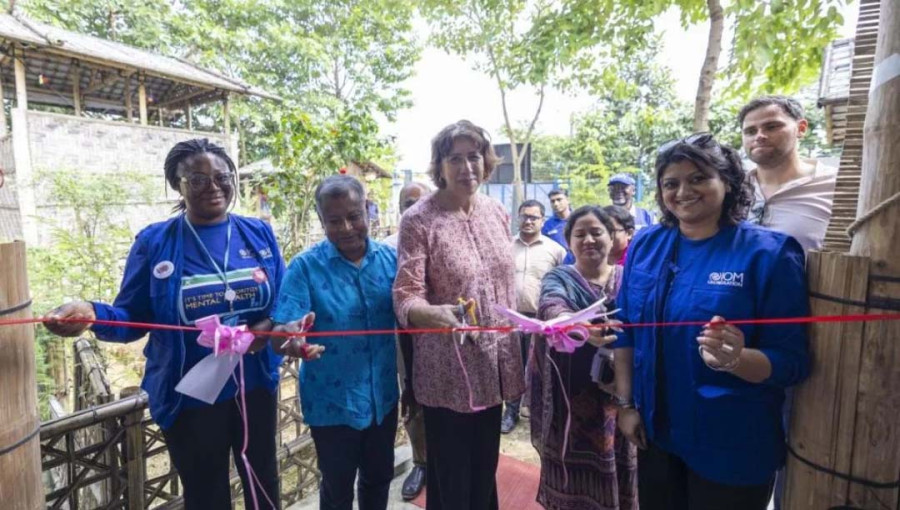

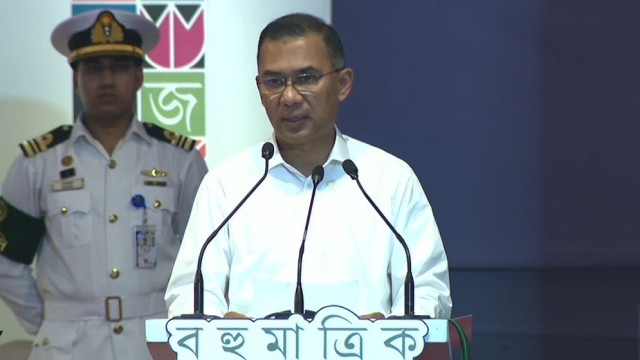
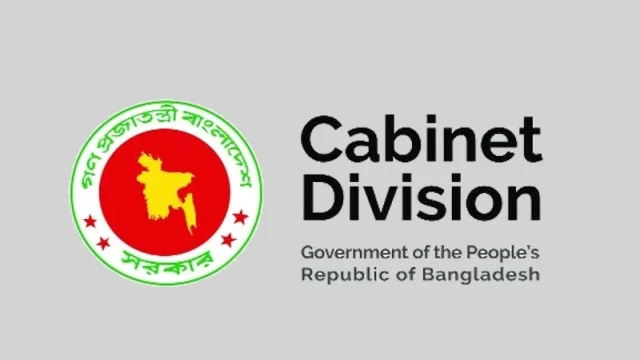
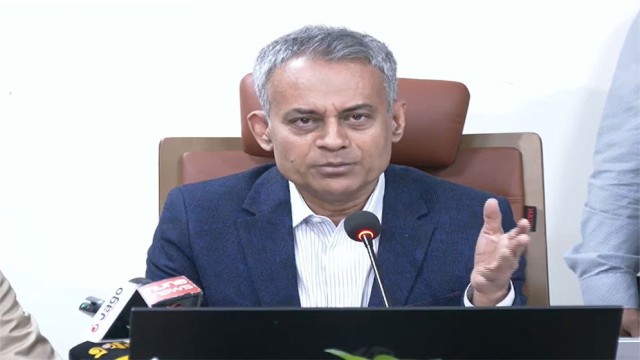
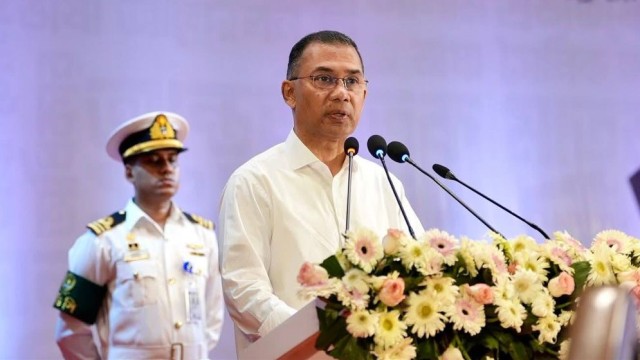
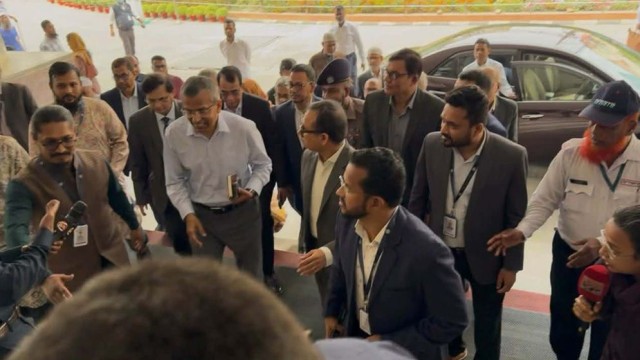



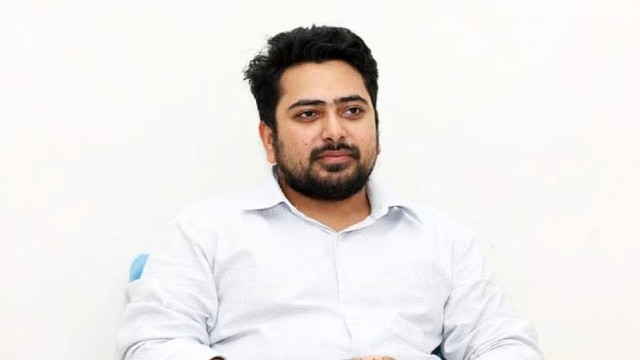

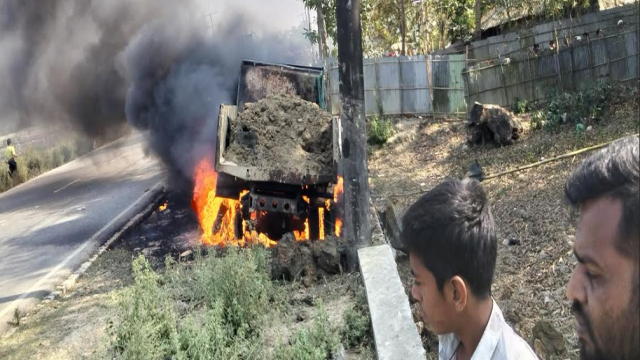
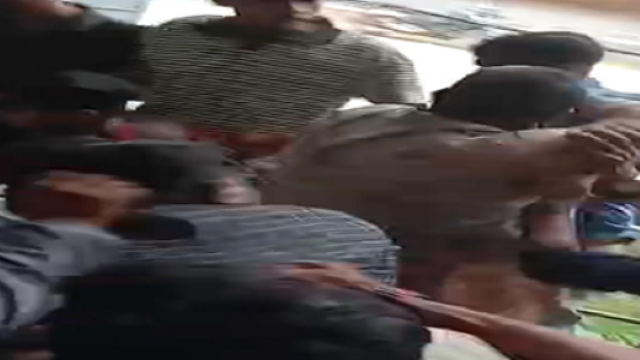
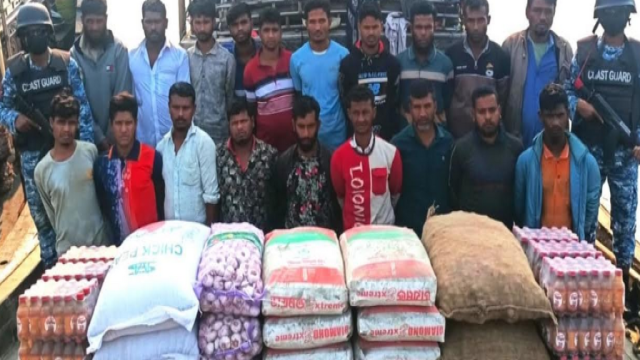






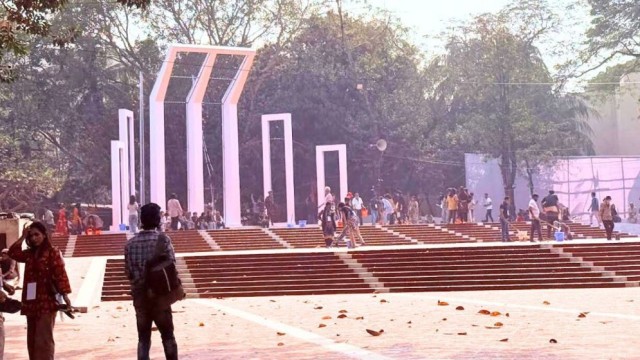

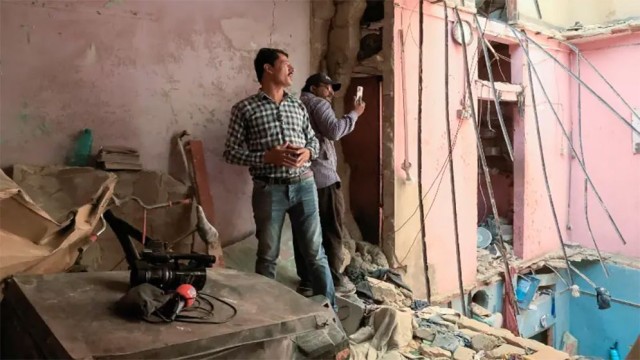

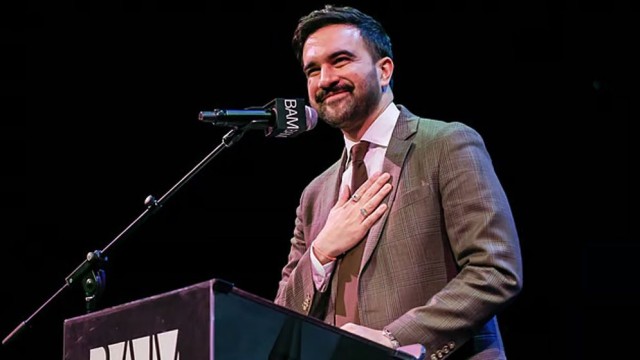
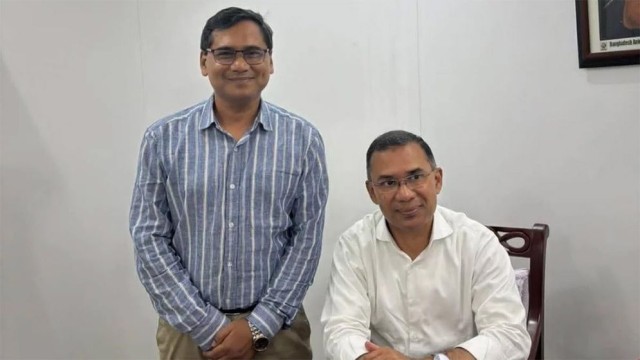
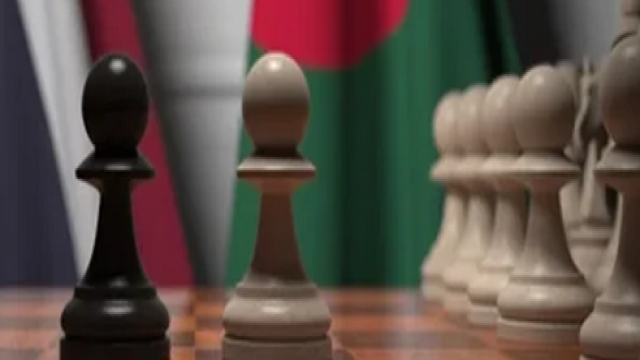
Comment: